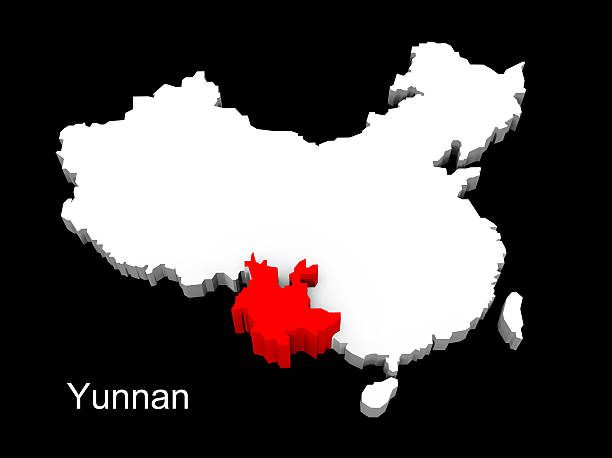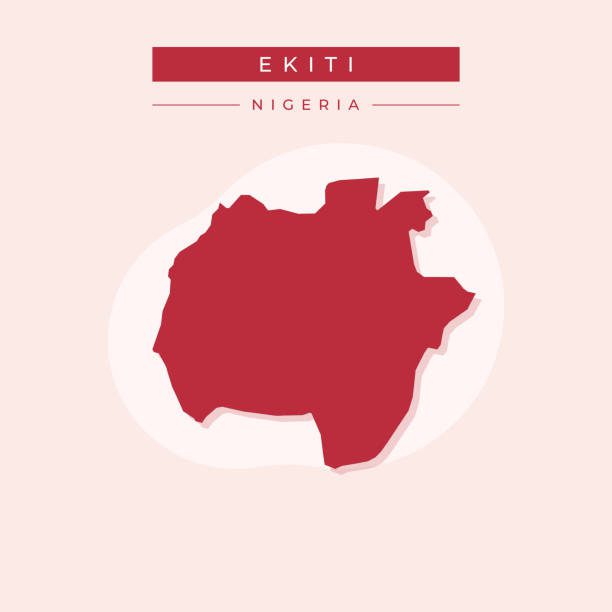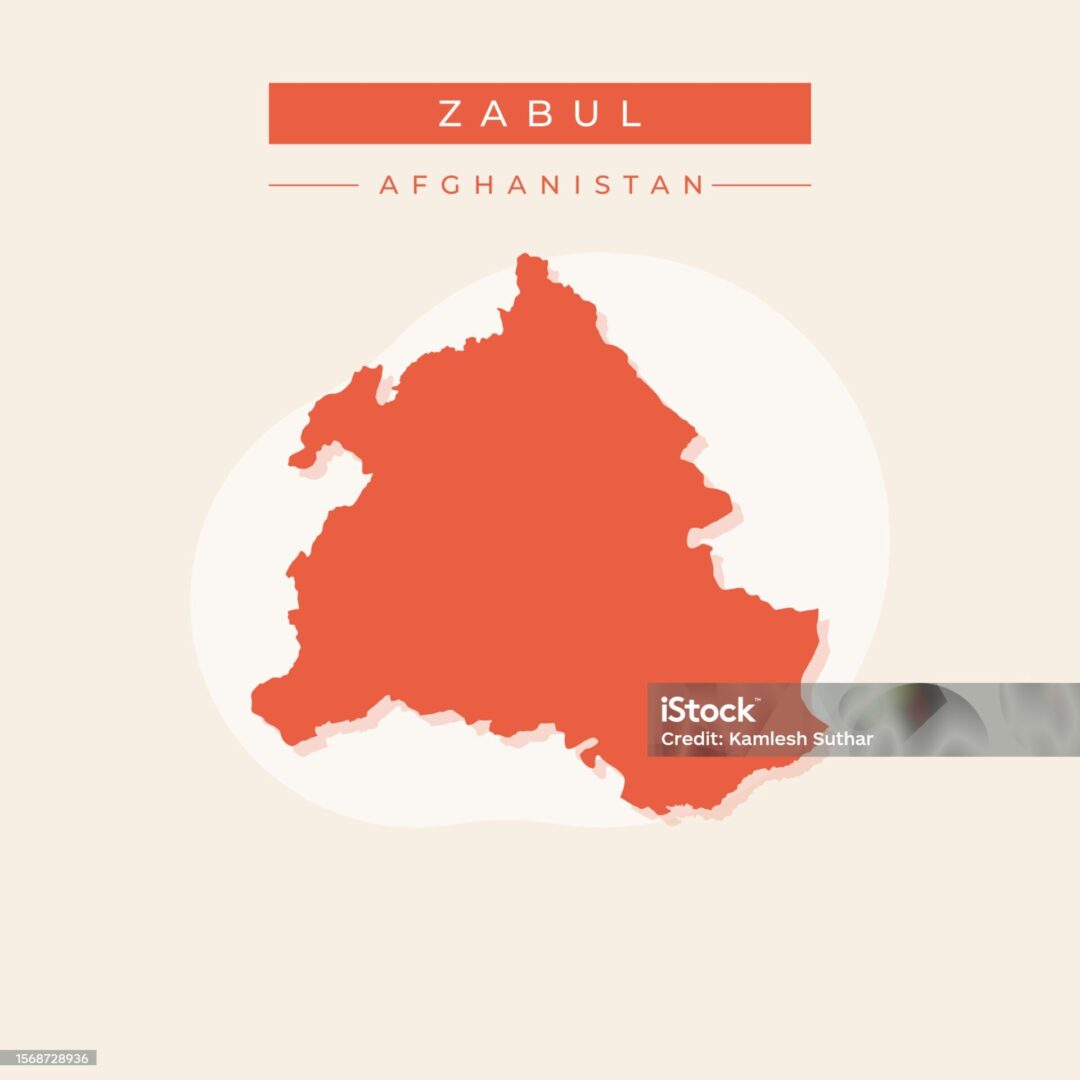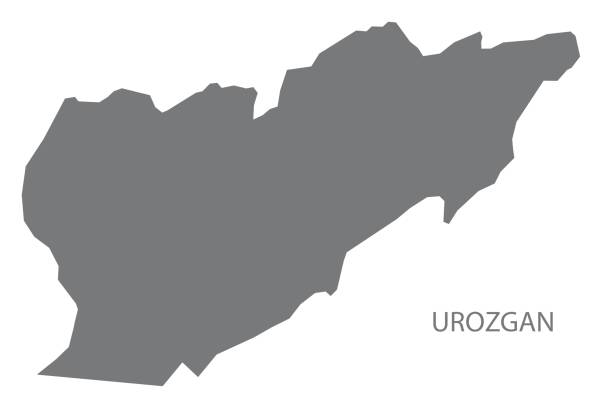The Center for the Scientific Study of Families reports are designed to provide relevant information about the conditional state of families in a specified context. The report provides information such as population, culture, family structure, and family life.
Family reports are an important tool for improving the lives of families. By providing information about the family’s conditional state and context, family reports can help improve communication between families and service providers and lead to better outcomes for families and children.
Introducing Khost, Afghanistan
Khost is one of the 34 provinces of Afghanistan, and it shares its borders with Pakistan to the east and south. The province is characterized by its rugged and mountainous terrain, with the Khost-Gardez Pass being one of the major geographical features. The region is part of the larger Khost Valley, which is an agricultural area with fertile land and abundant water resources. As of 2021, Khost province had an estimated population of around 1.5 million people.
The capital city of Khost province is also named Khost. It serves as the administrative and economic center of the province. The economy of Khost is primarily based on agriculture, with the cultivation of crops such as wheat, corn, rice, and fruits being common. Livestock farming is also an important economic activity in the province.
Cultural and Ethnic Diversity
The culture of Khost is a blend of Pashtun and Afghan culture. The people of Khost are predominantly Sunni Muslims, and their culture is based on Islam. The city is home to a number of mosques, as well as shrines to Sufi saints. According to the Naval Postgraduate School, the ethnic breakdown of Khost is as follows:
Pashtuns: The Pashtuns are the majority ethnic group in Khost, making up around 99% of the population. They are a tribal people who speak the Pashto language. The Pashtuns are Sunni Muslims, and their culture is based on Pashtunwali, a code of honor and conduct.
Tajiks: The Tajiks are the second largest ethnic group in Khost, making up around 1% of the population. They are a Persian-speaking people who are originally from Central Asia. The Tajiks are also Sunni Muslims, and their culture is similar to that of the Pashtuns.
Other ethnic groups: There are a small number of other ethnic groups in Khost, including Hazaras, Uzbeks, and Turkmens. These groups make up less than 1% of the population.
Family Demographics
Specific information regarding marriage and divorce rates was unobtainable; however, Afghanistan has had a tradition of larger family sizes. In 2008, the average family size in Khost was 8 people. Factors such as the importance of extended families, cultural norms, and religious beliefs can influence family size. Family values in Khost are generally traditional and conservative. Family honor and unity are highly valued, and children are taught to respect their elders and to obey their parents.
The literacy rate in Khost is roughly 20%, as many children lack access to schools near their homes. However, an article from the Afghan Times states that young people in the province are campaigning to encourage enrolling more school-aged children in schools. In modern times, there has been an increasing focus on education and professional development in Afghanistan. Many individuals from diverse ethnic backgrounds are pursuing higher education and gaining skills in various fields such as engineering, medicine, business, and technology.
Conclusion
Family life in Khost is a complex and evolving. The traditional family structure is still prevalent, but there are signs of change, as more women are working outside the home and having more say in family matters. The impact of war and displacement has also had a significant impact on families in Khost. Despite these challenges, families in Khost continue to be a source of strength and resilience. Future research can further explore family life’s nuances and changes in Khost, Afghanistan, to inform policies and programs that support family well-being and social cohesion in the region.










